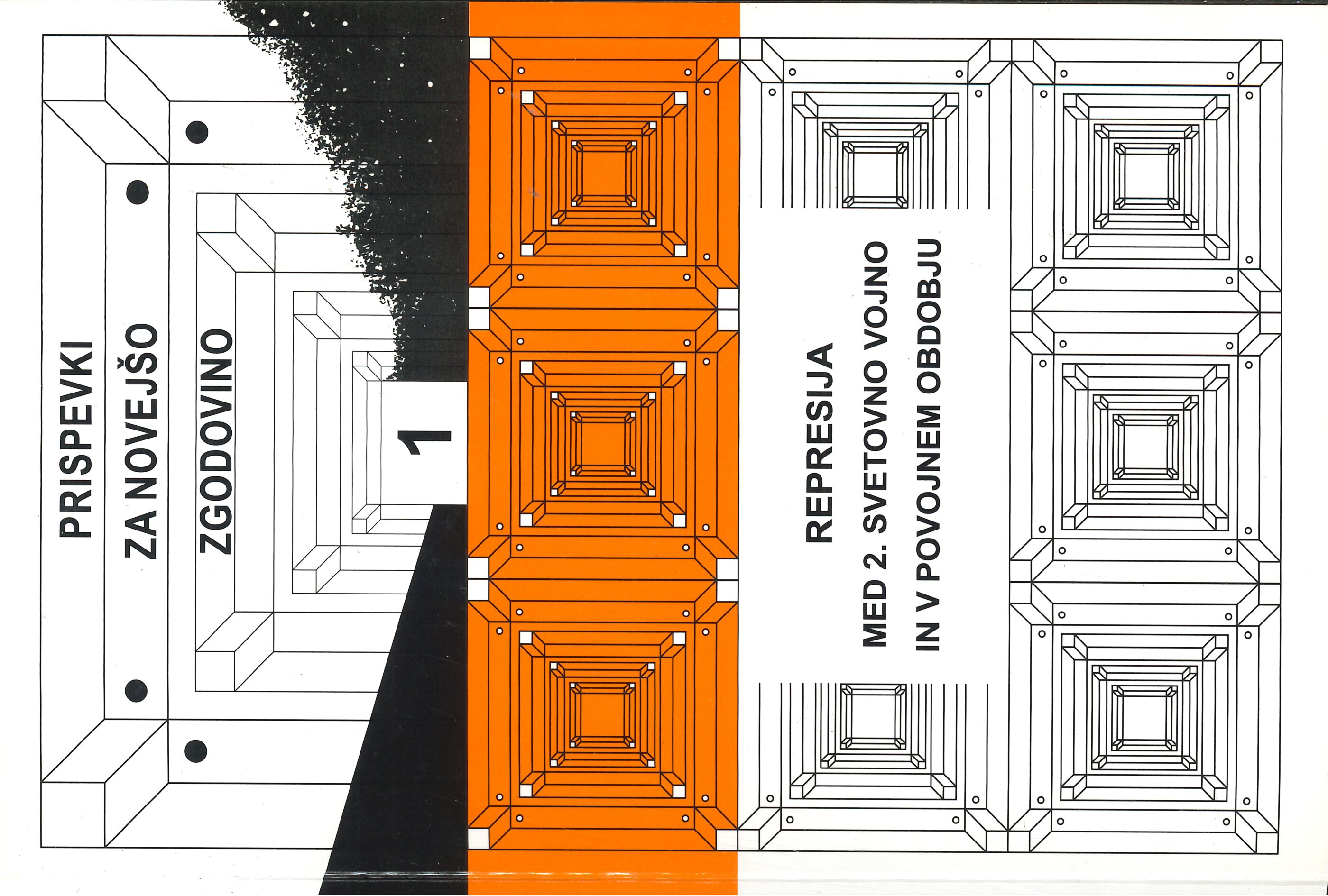»Pobija se premalo«: vloga represije v uvajanju in vzdrževanju »novega reda« na Slovenskem 1941−1945
Keywords:
Slovenia, World War II, Germany, Italy occupation, occupation regimes, violence, repression, resistance movement, anti‐resistance activities, civil warAbstract
»THERE'S NOT ENOUGH KILLING«: THE ROLE OF REPRESSION IN INTRODUCING AND MAINTAINING THE »NEW ORDER« DURING THE OCCUPATION OF SLOVENIA 1941‐1945
The repression of the occupation authorities, aimed against the Slovenian population, was built into the very foundations of the occupation policy, especially German, since its goal was to ensure denationalisation and force population's loyalty to the occupying states. An even rougher and more severe form of repression was also used as the basic method in the anti‐resistance activities of all three occupiers. Similar forms of repression (mass imprisonment, internment, violence against the population during cleansing operations, executions of resistance members without judicial proceedings, use of extreme and swift judicial proceedings) did not only affect those who took part in the resistance movement: they had many characteristics of an all‐out punishment of the Slovenian population. The dimensions and effects of repression intensified by involving a part of the population in the fight against the resistance movement.
Downloads
Published
Issue
Section
License
Authors who publish with this journal agree to the following terms:
- Authors retain copyright and grant the journal right of first publication with the work simultaneously licensed under a Creative Commons Attribution License that allows others to share the work with an acknowledgement of the work's authorship and initial publication in this journal.
- Authors are able to enter into separate, additional contractual arrangements for the non-exclusive distribution of the journal's published version of the work (e.g., post it to an institutional repository or publish it in a book), with an acknowledgement of its initial publication in this journal.
- Authors are permitted and encouraged to post their work online (e.g., in institutional repositories or on their website) prior to and during the submission process, as it can lead to productive exchanges, as well as earlier and greater citation of published work (See The Effect of Open Access).


